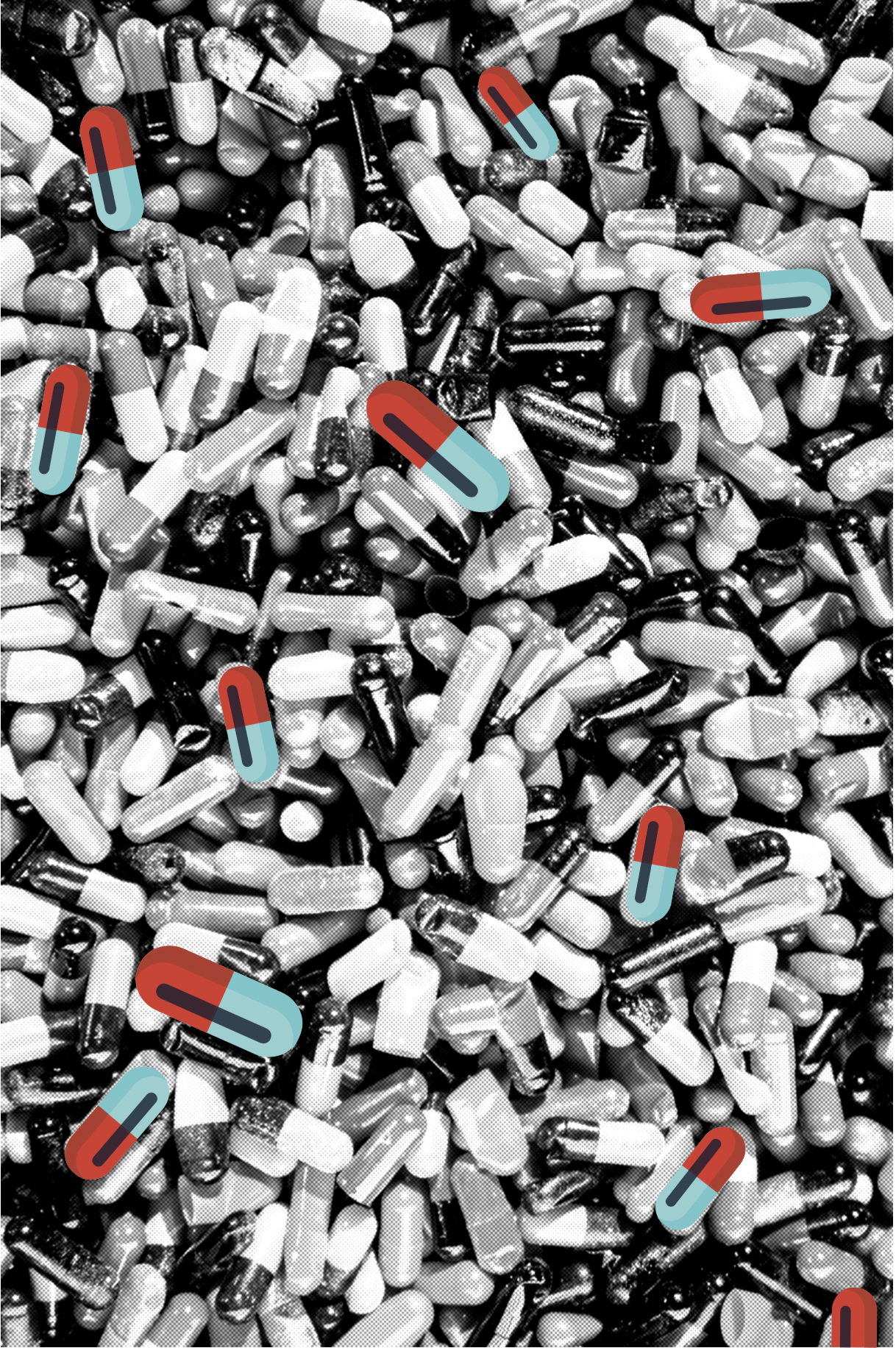5 Things To KNow About Psych. Med.s



The stigma associated with mental illness extends to the medications used to treat it, and on some level, taking medication can feel like an admission that a mental health condition is real.
Text: Dr. Sarah Y. Vinson
The brain is an organ with seriously complex circuitry. Simply put, sometimes the way the circuits work cause distress or impairment. Psychiatric medications help with those circuits. Asthma medications help with overactive airways in the lungs. Arrhythmia medications help with overactive electrical pathways in the heart. Yet, even the idea of psychiatric medications often causes a different response than medications for other kinds of conditions, and understandably so. The stigma associated with mental illness extends to the medications used to treat it, and on some level, taking medication can feel like an admission that a mental health condition is real.
In my experience as a prescriber, though, fear of how the medications might affect not just what someone is experiencing but who they are is a frequent concern. I’ve had more than 10 years’ experience discussing psychiatric medications with patients and families who are considering treatment with them, prescribing them, helping people get off of them, and, in some cases, advising people that other interventions, such as therapy or lifestyle changes, are what they need instead. Here are five things I think everyone should know about psychiatric medications.
1. They can save lives. Often “life-saving” is thought of in terms of life and death, and in cases where untreated psychiatric conditions result in suicide, this framework is relevant to psychiatric treatment. That said, in the words of Nicki Minaj, “To live doesn’t mean you’re alive.” According to the World Health Organization, depression is the leading cause of disability worldwide. With mental illness, quality of life is a key consideration. Mental illness can impact thoughts, feelings and behaviors in myriad ways. Anhedonia from depression makes it hard to experience pleasure. Avoidance from anxiety can keep people from sharing their gifts. Drug-seeking behaviors in those with substance use disorders can lead to disappointment and hurt in families. The list goes on. In sum, with untreated mental illness, the ability to enjoy life, engage meaningfully with loved ones, and to contribute to one’s community are just some of the things that can be compromised.
2. . . . But they’re not magic. Psychiatric medications work best when combined with other interventions. Consider a person with hypertension who takes blood pressure medication but frequents fast food restaurants and doesn’t exercise. A diagnosis means that something is not working as well as it should, and getting things on track often means addressing it from all sides. People are complicated. So is mental illness. Medications are blunt instruments. There are many things that support work in concert with medications to support mental health— supportive contacts, appropriate rest, exercise, and addressing harmful thought patterns, to name a few.
3. They take time to work. Often by the time people make it to my office, people have had symptoms for a while and wanted them gone yesterday. With the exception of some anxiety and ADHD medications, the vast majority of psychiatric medications will take weeks to work. I’ve seen many patients who had a history of stopping treatment prematurely because of an unrealistic expectation about the time it would take to see results.
4. . . . And the first one may not. How many women who’ve made the transition to natural hair have struck gold with the first product they tried? How many people with a sputtering car decide it’s not worth fixing if the first mechanic isn’t successful in addressing the issue? In both instances, getting it right is worth keeping at it. Sometimes the first medication a patient tries won’t be the right one, but that doesn’t mean that another medication cannot or will not be helpful.
5. Some—but not all— have addictive potential. In our community, disparities in medical treatment and the criminal justice system have amplified the negative impact of addiction. With that can come a fear of medications that impact behavior. It is important to know that while some psychiatric medications have the potential for abuse (and prescribers will know which medications they are), this is specific to certain medication classes. The majority of psychiatric medications do not have addictive potential. That said, as a general rule they should be stopped gradually to decrease the chance of withdrawal symptoms.
